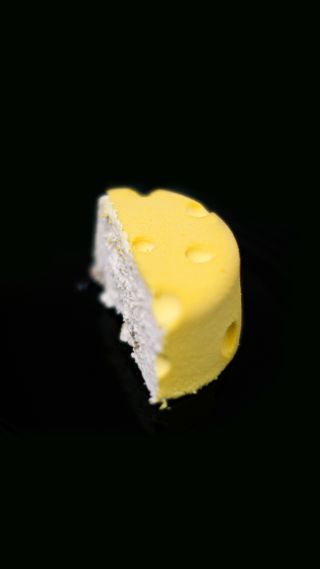Mindfulness
Are Chi Suckers Sapping Your Energy?
A Personal Perspective: Are you a chi sucker? Am I?
Posted September 26, 2023 Reviewed by Monica Vilhauer
Key points
- Chi, sometimes spelled qi, is a way of referring to the energy around us.
- The term “chi” comes from Traditional Chinese Medicine.
- The concept of “chi sucker” is an insightful way to notice how we impact one another.

We sat in a circle at a rural Ohio retreat center. The topic that afternoon was how to deal with the challenging people in our lives.
“Watch out for chi suckers,” whispered a woman named Nancy from Southern California.
“Did you say cheese suckers?” I whispered back.
“No, chi, like energy,” she responded. Then the lightning bolt of understanding struck. I’d needed this tip for years.
What is Chi?
Chi, sometimes spelled “qi” (both very useful Scrabble words, by the way), refers to the Traditional Chinese Medicine term for life energy. When flowing freely, chi promotes our well being—physical, emotional, and spiritual.
For years I’ve practiced yoga, so the term isn’t unfamiliar. What I failed to truly understand, however, is that we each possess the power to deal with challenging people and experiences in the moment. Due to my funny mis-hearing of Nancy’s advice, I’ve found I can see more clearly when my energy wanes or builds, especially in the presence of others.
How can we use chi to identify troublesome behaviors?
Now, when I can catch my chi waning, I’ll smile and silently nod to myself, “Cheese suckers.” That silliness lightens my spirits and provides a break in the wash of irritation and tension.
In that moment of lightness I can act on another bit of wisdom, this time from Viktor Frankl. “Between stimulus and response there is a space. In that space is our power to choose our response. In our response lies our growth and our freedom.”
Years ago I studied Mindfulness Meditation with a teacher in Washington State. In one of her dharma talks, she shared how she deals with problematic people. In typical Buddhist fashion, she used a metaphor, one that has stayed with me.
We will encounter challenging people and circumstances throughout our lives, she said. We often have little to say about how, when, or by whom we will be disturbed. Instead of getting frustrated or taken in by them, consider them as unwelcome visitors that show up uninvited at your front door. Politely invite them in, she suggested, then ease them out the back door with a smile.
So much easier said than done.

What can we do to reduce the power of chi suckers in our lives?
Identifying the chi suckers in my life is fairly easy. The behaviors are consistent: complaining, gossiping, doing sloppy work I need to fix. Criticizing others behind their backs constitutes a huge chi suck for me. Yet when the information is particularly juicy or might be advantageous in some way, it’s hard to resist the pull to join in. I’ve also noticed that when I’m tired, I’m more prone to participate. I always, always feel badly afterwards. That’s not at all who I want to be in the world.
It occurs to me that feeling badly is a good way to recognize I’m sucking energy from others. Maybe not in the moment, but later perhaps. Maybe next time I’ll be able to catch myself before mindlessly sucking someone else’s chi.
As for the chi suckers I encounter, I see you more clearly now. I’ll try to be nice and polite as I escort you out. I hope you have a nice day.
References
Frankl, Viktor E. (Viktor Emil). (1962). Man's Search for Meaning : an Introduction to Logotherapy. Boston: Beacon Press.


